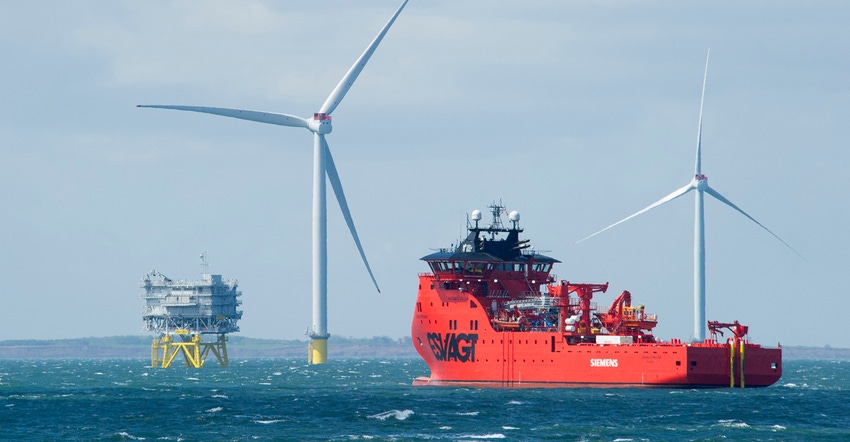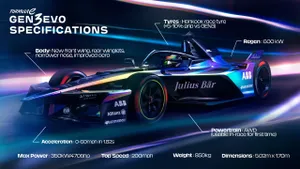How & Why Maritime Electrification Is Happening
Discover how SPOC Grid's inverter technology drives advancements in maritime electrification, offering innovative solutions for a more sustainable future in marine power systems.

The maritime industry is under increasing pressure to reduce carbon emissions and mitigate its environmental impact. Technology plays a pivotal role in this endeavor, offering innovative solutions to enhance marine power systems' efficiency and environmental performance. In this context, we delve into how SPOC Grid's inverter technology and lithium-ion batteries are advancing maritime electrification, paving the way for a greener and more eco-friendly future in the maritime sector.
Battery Technology had the privilege of delving into the future of maritime electrification, inverter technology, and lithium-ion batteries through the perspective of an industry innovator, Ben Gully, the Chief Technologist at SPOC Grid.

As the maritime industry faces increasing pressure to reduce carbon emissions, how does SPOC Grid Inverter Technology help build better-performing hybrid power systems?
Gully: SPOC Grid is a key enabler of battery and hybrid solutions. We provide the components and solutions that make it easy for owners and operators to adopt the best and latest technologies, such as batteries. But even more than that, we help them understand these technologies so they can pick the right solution for them and maximize the benefits they get from them. These are the most critical aspects for success.
What specific opportunities do you see for using lithium-ion batteries in the maritime space, and how do they compare to traditional power sources in terms of efficiency and environmental impact?
Gully: Batteries provide new and very valuable capabilities for maritime power systems. Beyond all electric solutions like ferries, batteries can also provide necessary redundancies and improve the operation and efficiency of traditional power sources. The resulting payback of environmental benefit has been shown to be overwhelmingly positive.
Could you share some examples of successful projects or pilot initiatives where SPOC Grid has deployed power conversion technology in the maritime industry, and what were the outcomes and lessons learned?
Gully: In the maritime space, SPOC is most typically in the role of providing the technical leadership and components necessary to implement battery systems successfully—both into the power system, electrically, as well as into the ship’s concept of operations. The main lessons learned are that it is important to look at these projects holistically—being not only necessary for the successful implementation of batteries but also that can provide additional benefits to the power system beyond what was expected and provide real value and return on investment.
What ongoing research and development efforts are SPOC Grid undertaking to further enhance the capabilities of power converters and lithium-ion batteries for maritime applications, and what future innovations can we expect in this domain?
SPOC’s focus is on innovating with regard to the topology and methodology with which inverter and battery systems are built and implemented, such as with respect to component sizing and technology selection, to designing for maximum efficiency benefits as well as maximum overall system efficacy towards the vessel’s operations.
How do you envision the future of electrification in the maritime space?
Gully: In the near future, we see hybrid solutions ramping up greatly in the US, driven by the core business case and ROI that batteries provide. With this, we foresee an evolution in how maritime power systems are designed, specifically, how inverter technologies and batteries are utilized within them.
The future of maritime electrification
The key takeaway of this Q&A is clear: Technology-driven solutions are instrumental in shaping a more environmentally responsible and economically efficient maritime sector, aligning with global efforts to combat climate change. Cutting-edge innovations like SPOC Grid's inverter technology are leading to a greener, more sustainable maritime future. These advancements contribute to substantial carbon emission reductions and enhance the overall efficiency and performance of marine power systems.
SPOC Grid will participate in the “Lithium-ion batteries in the maritime space—status, opportunity and innovation” panel at The Battery Show North America in Novi, MI, Sept. 12–14, 2023.
About the Author(s)
You May Also Like





